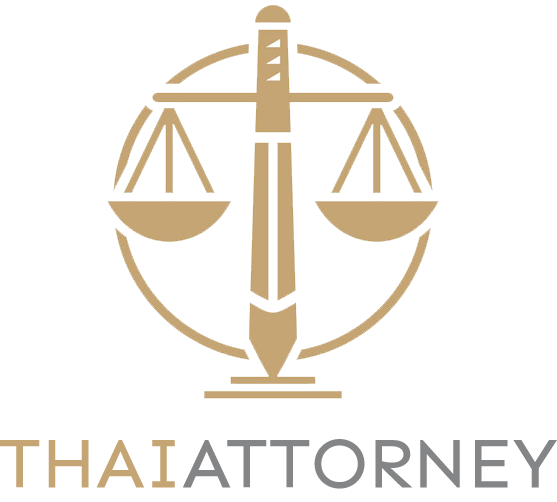Personal Injury Claims in Thailand necessitate a thorough understanding of Thai law and meticulous documentation. The process includes filing a lawsuit and seeking compensation for damages.
Under the Thai Civil and Commercial Code, anyone who wilfully or negligently causes injury to another person’s life, liberty, body, health, property, or rights is bound to make compensation. Compensation amounts can include tangible costs such as medical expenses and loss of income, as well as intangible factors like pain and suffering.
Traffic accidents
Traffic accidents often result in serious injuries, causing pain and suffering, loss of income, and other damages. Injured parties have a right to claim compensation for their damages from the party responsible for the accident. A successful personal injury claim in Thailand requires a thorough understanding of the Thai legal system and prompt representation by an experienced lawyer.
In Thailand, courts generally award compensation based on actual losses. These include compensation for medical expenses, loss of income, and emotional distress. However, it is difficult to calculate the exact extent of a victim’s injuries, and it may be best to consult with an attorney before filing a claim.
The Civil and Commercial Code stipulates that anyone who injures another person must compensate the injured party for any damages resulting from their action or inaction. This includes compensation for lost income, medical expenses, and future care needs. In addition, courts may also award intangible damages such as loss of consortium and emotional distress.
Occupational accidents
A personal injury claim can involve a wide variety of issues and complexities. It is crucial to document all aspects of the accident and injuries and consult with an experienced attorney. In addition, it is important to seek medical attention promptly after an accident. A doctor can provide an accurate record of the victim’s injuries, which is valuable in a legal case.
In Thailand, the rate of occupational accidents has risen over recent years. However, many injuries can be avoided with safety measures. These measures include limiting working hours to 48 h/week, particularly for low wage earners.
Compensation for victims is determined by the courts based on the gravity of the wrongdoing. Damages may include compensation for future treatment and restitution for material deprivation. The law also outlines that the victim’s family can receive compensation for loss of services and support. This includes spouses, parents, and children. Nevertheless, it is best to hire a reputable lawyer who can represent a foreigner in a Thai court.
Wrongful death
With a one-year window imposed by Thai laws, the timeline for securing damages is critical. Any delay risks the dissipation of crucial evidence, which is why it’s important to contact a skilled personal injury lawyer as soon as possible. In addition to handling a range of tasks, these lawyers can also help protect your legal rights.
The concept of non-pecuniary damages in wrongful death cases is substantially different from that in US tort law. For example, the court cannot award damages for pain and suffering prior to death or loss of enjoyment as these elements are not covered by Thailand’s tort law.
Instead, the courts seek to place claimants in the position they would have been in if the injury had not occurred. This typically involves awarding compensation for expenses and losses resulting from the injury, including lost income and future earning potential. If the exact amount of these costs cannot be determined at the time of judgment, the court may reserve the right to revise its decision for a period not to exceed two years.
Medical malpractice
Although Thailand has a strong reputation for medical tourism and offers robust healthcare, there are still cases of malpractice that result in injury or death. Misdiagnosis, surgical errors, and medication mistakes are all examples of medical malpractice. A victim who has been injured by a doctor’s negligence can file a civil complaint against the wrongdoer.
Compensation in medical malpractice claims is typically based on quantifiable losses, such as expenses and loss of income. Intangible damages, such as pain and suffering and disfigurement, are rarely awarded in Thailand.
The best approach to a personal injury claim is to seek professional guidance early on. A lawyer specializing in medical malpractice can provide valuable insight into the intricacies of Thai law and help you build your case. In addition, it is important to document all pertinent information, including eyewitness accounts, medical records, and any other evidence related to the incident. Lastly, you must be aware of statutes of limitations and deadlines to ensure that your claim is not lost through time elapsed.

